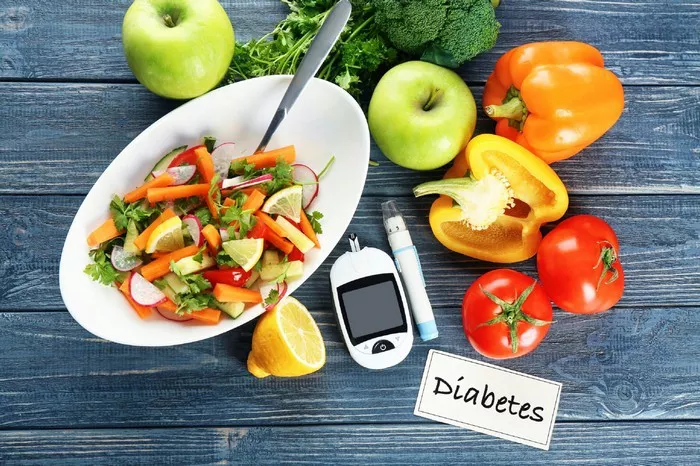Managing low blood sugar, or hypoglycemia, is a critical aspect of diabetes care. Prompt and appropriate treatment can prevent serious complications and ensure the well-being of individuals with diabetes. This comprehensive guide explores the most effective strategies for addressing low blood sugar, including immediate treatment options, prevention strategies, severe hypoglycemia management, dietary recommendations, emergency preparedness, and the importance of consultation and follow-up with healthcare providers.
Immediate Treatment Options: The 15-15 Rule
When experiencing symptoms of low blood sugar, it’s essential to act quickly to raise blood glucose levels to a safe range. The 15-15 rule provides a simple yet effective guideline for immediate treatment. According to this rule, individuals should consume 15 grams of fast-acting carbohydrates and then recheck their blood sugar levels after 15 minutes. This approach helps to rapidly raise blood glucose levels while allowing time for the body to respond.
Quick carbohydrate sources that can be used to implement the 15-15 rule include juice, regular soda, sugar, honey, candy, glucose tablets, or gel. These options are readily available and provide a rapid source of glucose to counteract hypoglycemia symptoms.
Understanding Hypoglycemia
Hypoglycemia occurs when blood glucose levels drop below 70 mg/dL. Common symptoms of low blood sugar include shakiness, confusion, sweating, dizziness, hunger, irritability, and rapid heartbeat. Recognizing these signs is crucial for prompt intervention and preventing the progression to severe hypoglycemia.
Several factors can contribute to low blood sugar, including missed meals, excessive insulin or other diabetes medications, increased physical activity, and alcohol consumption. Understanding the causes of hypoglycemia can help individuals take proactive steps to prevent it from occurring.
Prevention Strategies
Preventing episodes of low blood sugar is paramount for individuals with diabetes. Several strategies can help maintain stable blood sugar levels:
Regular monitoring of blood sugar levels allows individuals to track fluctuations and intervene promptly when levels are out of range.
Personalized meal and snack planning ensures that individuals consume balanced meals with appropriate carbohydrate, protein, and fat content to support stable blood sugar levels throughout the day.
Education on adjusting insulin doses and other diabetes medications during changes in activity levels, such as exercise or increased physical exertion, can help prevent hypoglycemia.
Severe Hypoglycemia Management
In cases of severe hypoglycemia (blood sugar below 55 mg/dL), immediate intervention is necessary to prevent complications such as loss of consciousness or seizures. Injectable glucagon is a life-saving treatment that can rapidly raise blood sugar levels in emergency situations. Family members, caregivers, and individuals with diabetes should be trained on how to administer glucagon and recognize the signs of severe hypoglycemia.
Dietary Recommendations
While consuming fast-acting carbohydrates is essential during episodes of low blood sugar, it’s also important to make wise dietary choices to prevent recurrence. During hypoglycemic episodes, foods high in fiber or fat should be avoided, as they can slow the absorption of sugar into the bloodstream. Instead, focus on consuming easily digestible carbohydrates to raise blood sugar levels quickly.
After treating low blood sugar, opt for nutritious meals and snacks that provide a balanced mix of carbohydrates, protein, and healthy fats. This helps to sustain blood sugar levels and prevent future episodes of hypoglycemia.
Emergency Preparedness
Being prepared for emergencies is crucial for individuals with diabetes. Wearing medical identification, such as a bracelet or necklace, helps alert others to your condition in case of an emergency. Additionally, keeping a list of emergency contacts and instructions easily accessible ensures that prompt medical attention can be obtained if needed.
Consultation and Follow-Up
Consulting with healthcare providers is essential for developing and maintaining an effective diabetes management plan. Healthcare professionals can provide personalized guidance on medication management, dietary planning, and lifestyle modifications to optimize blood sugar control and reduce the risk of hypoglycemia. Regular medical check-ups allow for ongoing monitoring of diabetes management and adjustments to treatment plans as needed.
In conclusion, effectively managing low blood sugar is a critical aspect of diabetes care. By implementing immediate treatment options, prevention strategies, severe hypoglycemia management techniques, dietary recommendations, emergency preparedness measures, and maintaining open communication with healthcare providers, individuals with diabetes can minimize the impact of hypoglycemia on their health and well-being.



























